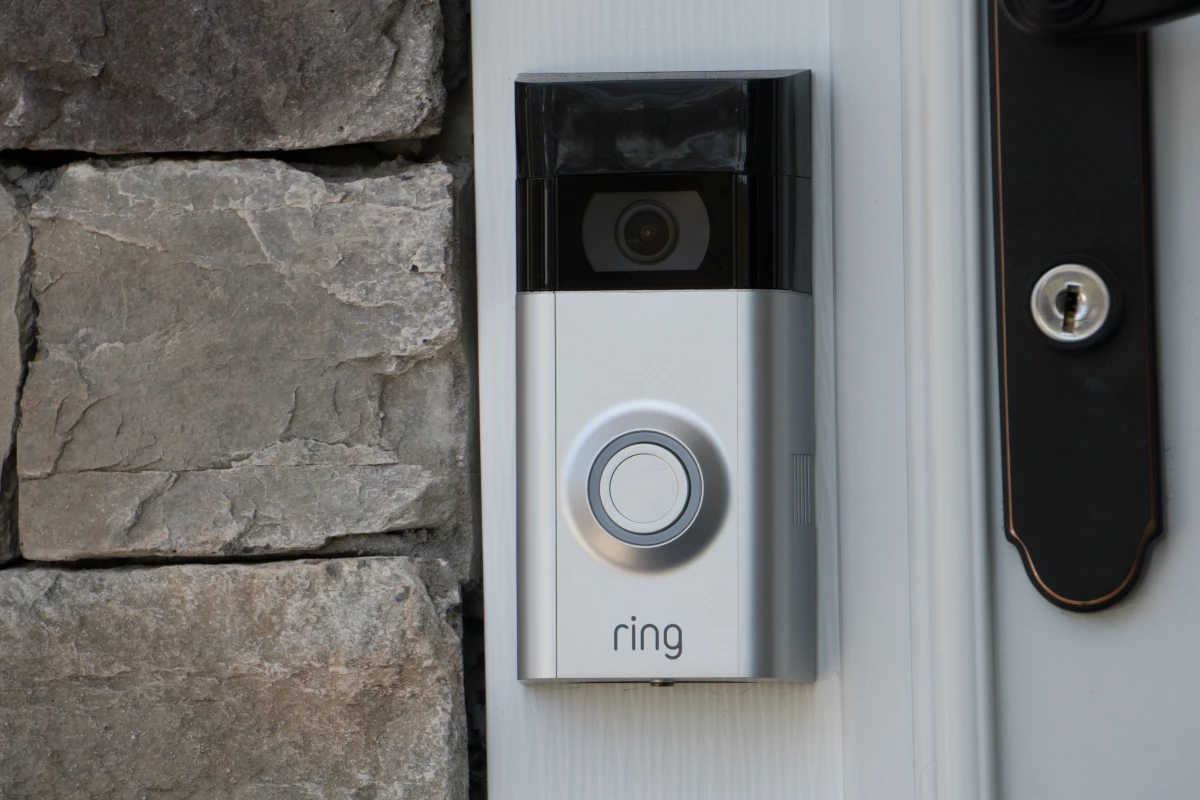Amazon has revealed it supplied Ring doorbell video footage to police more than 10 times this year without a warrant, court order or permission from the device owner. The revelation comes as part of an investigation into Amazon’s privacy practices by US senator Edward Markey.
Amazon purchased smart doorbell company Ring back in 2018 and swiftly instituted a system known as the Neighbors Public Safety Service (NPSS). The service was ostensibly designed to help Ring users better collaborate with law enforcement agencies in sharing their device footage for public safety purposes.
The NPSS essentially turned into a massive networked system of surveillance cameras and law enforcement agencies could access that footage with the consent of device owners. More than 2,000 law enforcement agencies across the United States are currently part of the NPSS.
However, obtaining Ring footage through NPSS with a device owner’s consent isn’t the only way law enforcement agencies can access the data. Alongside a court order or warrant, Amazon will hand over Ring footage in response to a special “emergency request” application from law enforcement agencies.
As part of Markey’s investigations into Amazon’s practices, he quizzed the company on how often this “emergency request” protocol is used. Amazon responded by admitting there had been 11 occasions this year where it has provided videos to police without user consent.
“Based on the information provided in the emergency request form and the circumstances described by the officer, Ring makes a good-faith determination whether the request meets the well-known standard, grounded in federal law, that there is imminent danger of death or serious physical injury to any person requiring disclosure of information without delay,” Amazon explained in its response to Markey’s queries.
No information has been disclosed as to the nature of those 11 “emergency requests” so it is impossible to know exactly what constitutes an acute need for police to access Ring footage without an owner’s consent. Matthew Guariglia, from the Electronic Frontier Foundation (EFF), said it is concerning these decisions are being made behind closed doors between Amazon and the police.
“There will always be reasons why, in emergency situations, authorities might seek live access to cameras but people have the right to be skeptical when police and Ring, behind closed doors, get to decide what reasons meet a threshold of an ‘emergency’ and allow police to get warrantless access to their personal devices,” Guariglia told Recode.
Ring does feature an option for end-to-end encryption, which would protect user data from being accessed by either Amazon or law enforcement. However, in response to Markey’s inquiry, Amazon said it will not make that feature the default option.
A statement from Markey expressed concern over increasing collaboration between private companies and law enforcement agencies. He said it is becoming impossible to inhabit public spaces without being recorded, and it is crucial there are protections for people’s privacy.
“We cannot accept this as inevitable in our country,” Markey said, referring to the idea that there is no privacy in public spaces. “Increasing law enforcement reliance on private surveillance creates a crisis of accountability, and I am particularly concerned that biometric surveillance could become central to the growing web of surveillance systems that Amazon and other powerful tech companies are responsible for.”
An investigation by EFF last year revealed law enforcement agencies used Ring camera footage to track Black Lives Matters protesters during the 2020 protests. This was one of the first documented cases of police using networked home surveillance systems to track political activity.
“Technologies like Ring have the potential to provide the police with video footage covering nearly every inch of an entire neighborhood,” EFF wrote last year. “This poses an incredible risk to First Amendment rights. People are less likely to exercise their right to political speech, protest, and assembly if they know that police can acquire and retain footage of them.”
Source: Senator Ed Markey




